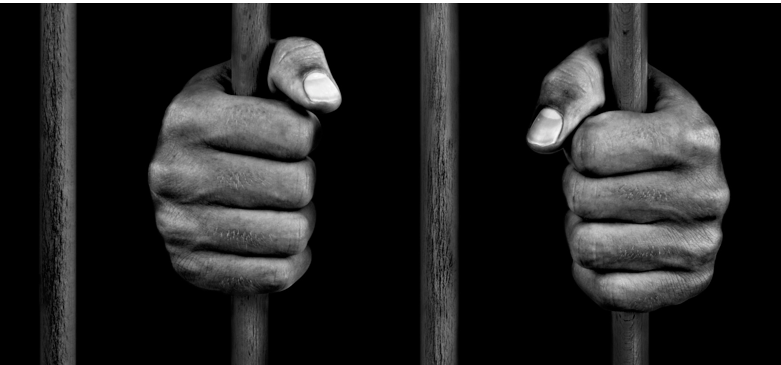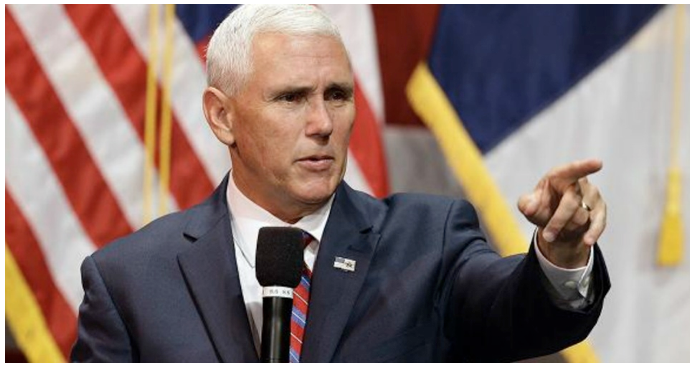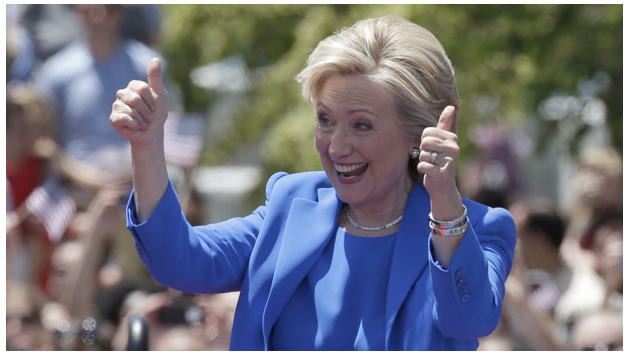What it Really Means to be a Patriot
AT LENGTH-I get extremely nervous when true believers start wrapping themselves in the American flag and then call others “unpatriotic” when they don’t stand and say the Pledge of Allegiance.
A “patriot,” by definition, is one who loves and strongly supports or fights for his or her country.
Patriotism does not exclusively belong to those who serve in the military or those who recite the pledge, created 116 years after the founding of our republic.
There are many more who have served this country bravely that never once donned a uniform or carried a weapon (read President John F. Kennedy’s Profiles in Courage).
What most of our super patriot neighbors don’t know about this common civic ceremony is that it was written in 1892 by the socialist Christian minister Francis Bellamy (1855-1931) with the hope that it would bind the open wounds of the American Civil War and unite the nation in a common creed of “liberty and justice for all”— healing a still divided nation.
These same ideals were enunciated in the Declaration of Independence by Thomas Jefferson in 1776.
The essential words of that founding document give both light and interpretation to the U.S. Constitution’s meaning, which reads, “We hold these truths to be self-evident, that all men are created equal, that they are endowed by their Creator with certain inalienable Rights, that among these are Life, Liberty and the pursuit of Happiness.”
Note that Jefferson and the rest of the founding fathers avoided the use of the word “God” in this document. The original Pledge of Allegiance written by a Christian minister, avoided making the same mistake, but we now find it inserted into this oft-recited 1952 version, a legacy inherited from the McCarthy Era witch hunts against communists, who by definition were atheists.
It seems that once every decade I have to remind readers of this paper and others that the Pledge of Allegiance is not an expression of patriotism demanded by the state, or even legally required for entry into the discourse at our local neighborhood councils, several of which in San Pedro, are now turning the Pledge into a mandatory exercise.
It has even been the ceremonial protocol for the opening of every chamber of commerce meeting -- as if patriotism was a necessary requirement for engaging in free enterprise in the ever-globalized marketplace.
The list accompanying a new report from the Partnership for a New American Economy found some surprising information: Steve Jobs, the famous co-founder of Apple, is a child of an immigrant parent from Syria.
Walt Disney was a child of a Canadian immigrant; the founders of Oracle are from Russia and Iran; IBM (Germany); Clorox (Ireland); Boeing (Germany); 3M (Canada); and Home Depot (Russia).
Not only do we not demand military service from the founders of this elite group of Fortune 500 corporations, we don’t even require their loyalty in business to this nation.
The Pledge is not a requirement of law but has been adopted by custom. Saying the Pledge is reinforced by regimentation in schools and by protocols at some public ceremonies. But when the words are examined they are at best “aspirational” towards liberty and justice and they avoid pledging any loyalty to an underlying creed of this nation as expressed in both the Declaration of Independence and the U.S. Bill of Rights. It would be better, as I suggested back in the 1980s, for the Pledge to be updated as follows:
A Patriot’s Pledge of Allegiance
I pledge allegiance to the Constitution and the Bill of Rights
Of the United States of America and to the ideals for which they stand;
Among these are the rights of the people to life, liberty and the pursuit of happiness, with freedom and justice for all.
There is no need to mention God or the flag, which is merely a symbol, or that we are indivisible. It goes without saying that we as a nation of people are often divided and take great liberty to express those divisions whenever and wherever we choose. The creed behind the symbol is what we as a nation should be pledging allegiance too, not a piece of cloth.
However, it was an exquisite form of irony to see Muslim immigrant, Khizr Khan, father of a U.S. Army captain killed in Iraq in 2004, ask Donald Trump if he had ever read the U.S. Constitution. One might ask the same question to those who are now demanding that every meeting of a neighborhood council start with the politically outdated pledge.
How many of you have a copy in your coat pocket that you could pull out the next time you are stopped by the authorities? Perhaps reading the Constitution should be a mandatory step for anyone wearing a uniform or elected to office.
(James Preston Allen is the Publisher of Random Lengths News, the Los Angeles Harbor Area's only independent newspaper. He is also a guest columnist for the California Courts Monitor and is the author of "Silence Is Not Democracy - Don't listen to that man with the white cap - he might say something that you agree with!" He was elected to the presidency of the Central San Pedro Neighborhood Council in 2014 and has been engaged in the civic affairs of CD 15 for more than 35 years. More of Allen…and other views and news at: randomlengthsnews.com.) Prepped for CityWatch by Linda Abrams.








 My memories of the story have been reawakened by the potential subterfuge involving Vladimir Putin, Donald Trump and Julian Assange. I can’t help but project those three against the fictional plot: Trump as the blabbering demagogue serving as a front for the communists, Putin as the Soviet handler responsible for enabling the conspiracy and Assange as the one who pulls the strings (Lansbury’s role). The plan entails playing on the emotions of the nation in order to achieve the sinister objective.
My memories of the story have been reawakened by the potential subterfuge involving Vladimir Putin, Donald Trump and Julian Assange. I can’t help but project those three against the fictional plot: Trump as the blabbering demagogue serving as a front for the communists, Putin as the Soviet handler responsible for enabling the conspiracy and Assange as the one who pulls the strings (Lansbury’s role). The plan entails playing on the emotions of the nation in order to achieve the sinister objective. 



 The thing is, the word progressive is starting to resonate, not because it's such a great description of what is, after all, the classic liberal vision of John Kennedy and Lyndon Johnson. It's working because the Democratic Party suddenly figured out that the sky wouldn't fall if politicians espoused liberal positions. We can thank Bernie Sanders for attacking the southern strategy head on.
The thing is, the word progressive is starting to resonate, not because it's such a great description of what is, after all, the classic liberal vision of John Kennedy and Lyndon Johnson. It's working because the Democratic Party suddenly figured out that the sky wouldn't fall if politicians espoused liberal positions. We can thank Bernie Sanders for attacking the southern strategy head on. 
























